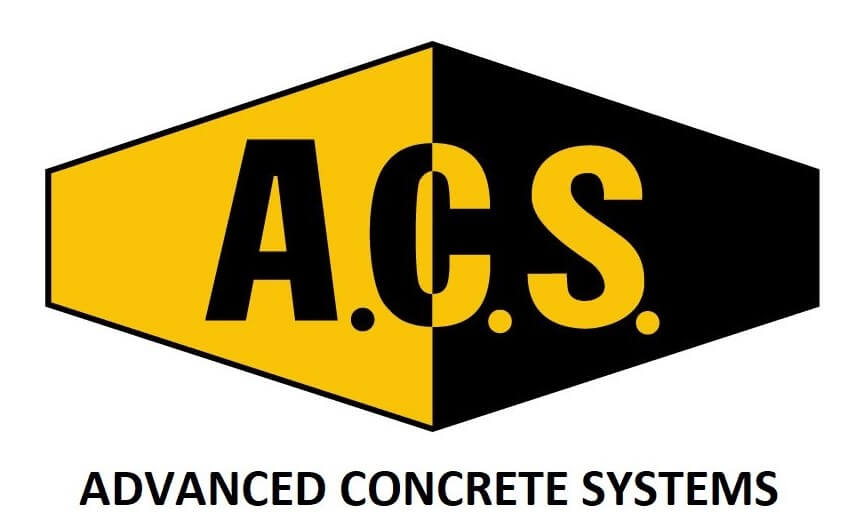When it comes to modern flooring options, gypsum concrete stands out as a versatile and effective material. Whether you’re a homeowner, builder, or contractor, understanding gypsum concrete’s unique benefits and qualities will help you make informed decisions about your next construction or renovation project.

Here are some interesting facts about gypsum concrete:
- What is gypsum concrete? Gypsum concrete is a type of gypsum underlayment that is specifically designed for use as a floor underlayment. It is a mixture of gypsum plaster, Portland cement, and sand intended to give a smooth, level surface for the installation of various floor coverings.
- Gypsum Concrete is an Industry Pioneer: Gypsum concrete, which debuted in the late 1970s, transformed the flooring industry by providing a lightweight, cost-effective alternative to standard concrete underlayment. Its rapid drying time and ease of installation made it popular among contractors.
- Environmentally Friendly Choice: Gypsum concrete is known for its environmental friendliness. Gypsum, the main element in gypsum concrete, is a naturally occurring mineral that is plentiful and recyclable. This makes gypsum concrete an ideal material for green building projects.
- Superior Sound Control: Gypsum concrete is also known for its excellent sound-canceling capabilities. It efficiently reduces sound transmission between floors, making it an excellent choice for multifamily homes, hotels, and business buildings where noise control is critical.
- Fire Resistance: Gypsum, the primary component of gypsum concrete, is naturally fire-resistant. This feature improves the overall fire safety of buildings, adding another layer of protection and peace of mind.
- Low Shrinkage and Cracking: Gypsum concrete’s unique composition reduces shrinkage and cracking, resulting in a stable and long-lasting underlayment. This decreases the possibility of costly future repairs and maintenance.
- Enhanced Moisture Resistance: Enhanced Moisture Resistance: Modern gypsum concrete formulas have improved moisture resistance, making them suitable for use in humid and damp environments such as bathrooms and basements.
